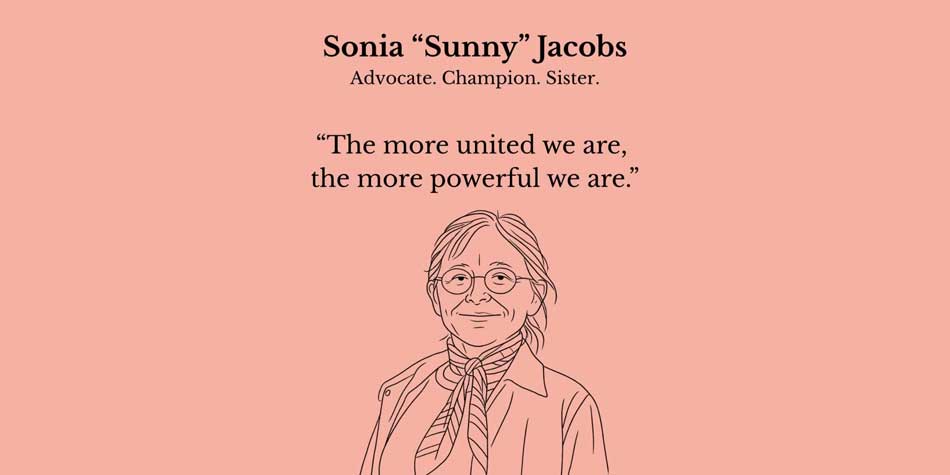Fear of mass executions in Iraq
MENA
The Iraqi government of Prime Minister Nouri al-Maliki (photo) is considering emptying death row in the country around the turn of the year, according to several reliable sources. Nine hundred twenty-five prisoners sentenced to death would be waiting for their fate, among them at least 17 (some reports say 126) women. It is not known whether any will receive commutations of sentence.
The death penalty was widely applied during the rule of Saddam Hussein to control political opposition and terrorize the Iraqi people. Its use was suspended by the Coalition Provisional Authority in 2003 and there was no reference to the death penalty in the provisional constitution.
However, beginning on August 8, 2004, the Interim Iraqi Government, headed by Iyad Allawi, reinstated the death penalty. Since then, no fewer than 1,000 executions have been reported, including that of Saddam Hussein in 2006.
In 2009 the number of executions reached 122 and the government is planning on considerably increasing that pace and executing approximately a thousand death row inmates. This project was postponed after the festivities of Eid el Kebir, but should be implemented very soon, including before the upcoming Iraqi elections scheduled for next March.
Iraq would be second on the shameful death penalty list
This program of executions is being implemented in the utmost secrecy to avoid attracting world attention. If completed, Iraq would be second on the shameful list of countries which execute prisoners en masse, behind China but far ahead of Iran or the United States. The political fragility of Iraq is not an excuse for breaching human rights, let alone programming secret mass executions in prisons.
Today, 139 countries have abolished the death penalty in law or in practice. Of the world’s 58 retentionist countries, Iraq is one of 25 that are running executions on a large scale. Like the vast majority of countries in the Middle East, Iraq voted in 2007 and 2008 against the UN resolution for a moratorium on the use of the death penalty and signed the note of dissociation initiated by Singapore in 2008 and 2009.
The death penalty is a barbaric and inhumane act of revenge that serves only to provide those in power with a means to terrify an already frightened population.
We, the members of the World Coalition Against the Death Penalty, urge the Iraqi government to abandon this horrific project and to commute all death sentences, institute an immediate moratorium on death sentences and executions and begin a process leading to full abolition;
We urge the international community to do everything possible to prevent this programmed massacre.
We urge the U.S. government to put pressure on the Iraqi government.
We ask members of the military coalition still in Iraq, many of which are openly against the death penalty, to put pressure on the Iraqi government to prevent this massacre.
We also urge Lady Catherine Ashton, High Representative of the European Union for Foreign Affairs, to put pressure on the Iraqi government to stop this catastrophe.
And, we call upon the people of the world, who should be properly informed about what is being planned in Iraqi prisons, to rally with us against this state violence which is in complete contradiction to the principles of justice.
The World Congress against the Death Penalty held in Geneva from February 24 to 26, 2010, will be the next opportunity to bring Iraqi abolitionists together, the Middle East and North Africa region and the rest of the world to reinforce this message.







